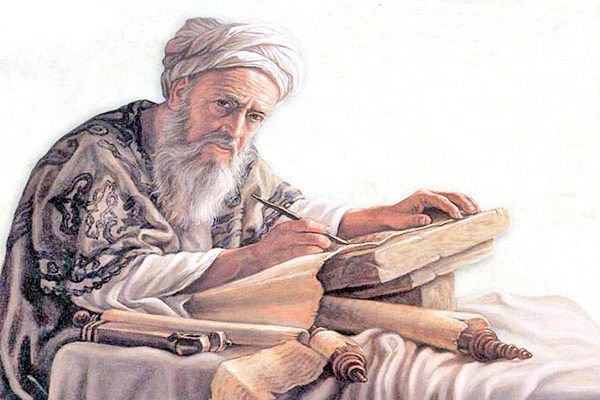Abu Saeed Sajzai is a multifaceted figure in the history and culture of Sistan and Baluchistan, Iran. He was a scholar, poet, Sufi mystic, and leader within the Sajzi Baloch tribe, leaving a significant mark on the region’s intellectual and spiritual landscape. Here’s a look at his accomplishments:
Scholar and Poet: Renowned for his vast knowledge of Arabic, Persian, and Balochi languages and literature.
Composed poetry in all three languages, known for its depth, elegance, and spiritual themes.
His work often focused on philosophical, mystical, and social issues, reflecting his deep understanding of Islamic and Sufi traditions.
Considered a prominent translator and interpreter of religious texts, contributing to the dissemination of knowledge and wisdom in the region.
Sufi Mystic: Embraced the teachings of Sufism, emphasizing personal spiritual growth and connection with the divine.
Founded the Sajzi Sufi order, attracting disciples and students from across the region.
His spiritual teachings emphasized love, tolerance, and inner peace, influencing the religious and ethical character of the Sajzi tribe.
Community Leader: Played a crucial role in mediating conflicts and promoting unity within the Sajzi tribe.
A respected figure for his wisdom, fairness, and leadership qualities.
Advocated for education and social justice, contributing to the cultural and spiritual development of the region.
Legacy: Abu Saeed Sajzai’s legacy lives on through his literary works, which continue to be studied and appreciated for their spiritual insights and poetic beauty.
His influence on the Sajzi tribe and his contributions to regional Sufism are still evident today.
He is remembered as a symbol of intellectual and spiritual achievement, inspiring future generations to pursue knowledge, wisdom, and spiritual enlightenment.
Abu Saeed Sajzai




Join The Discussion